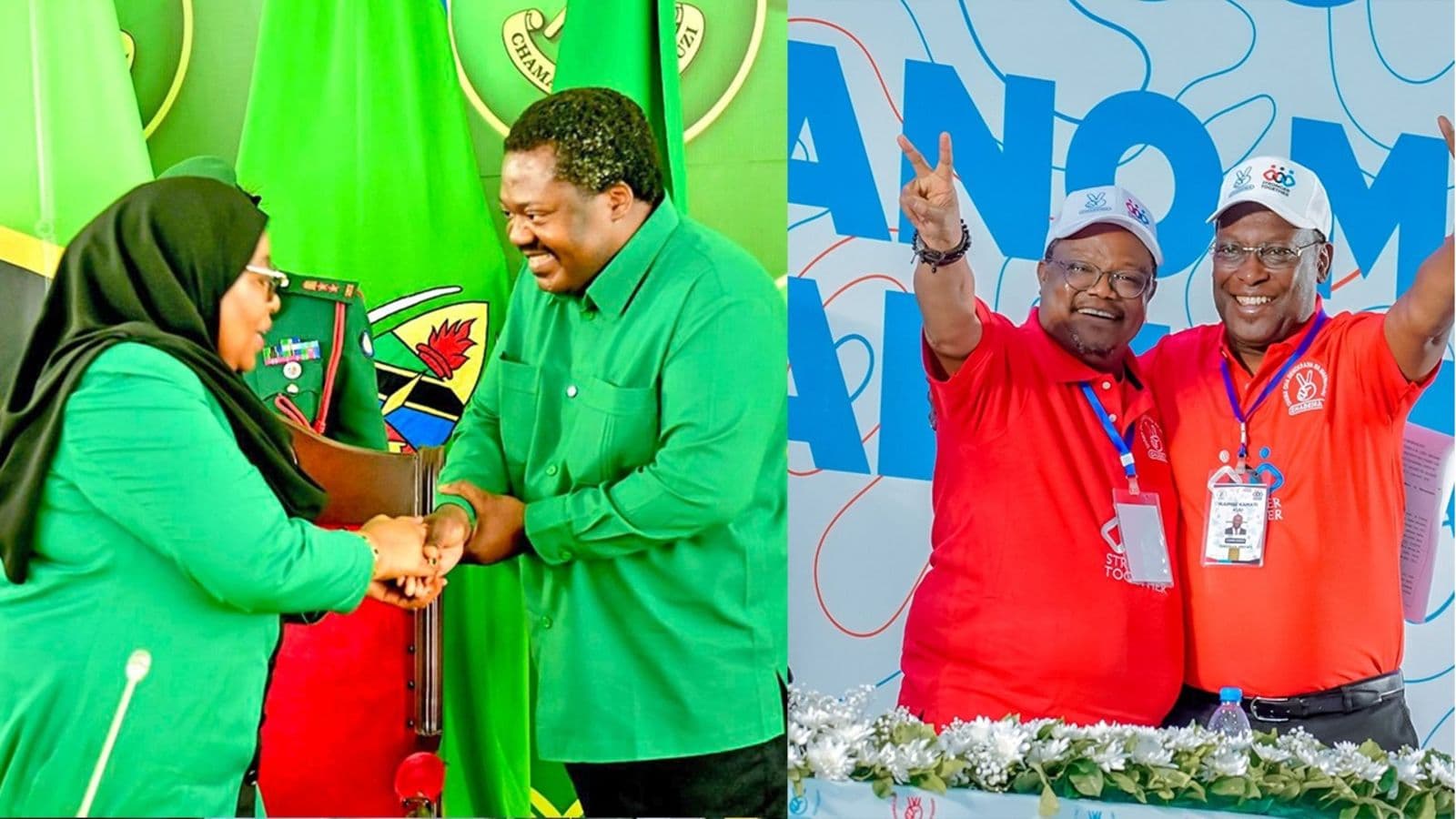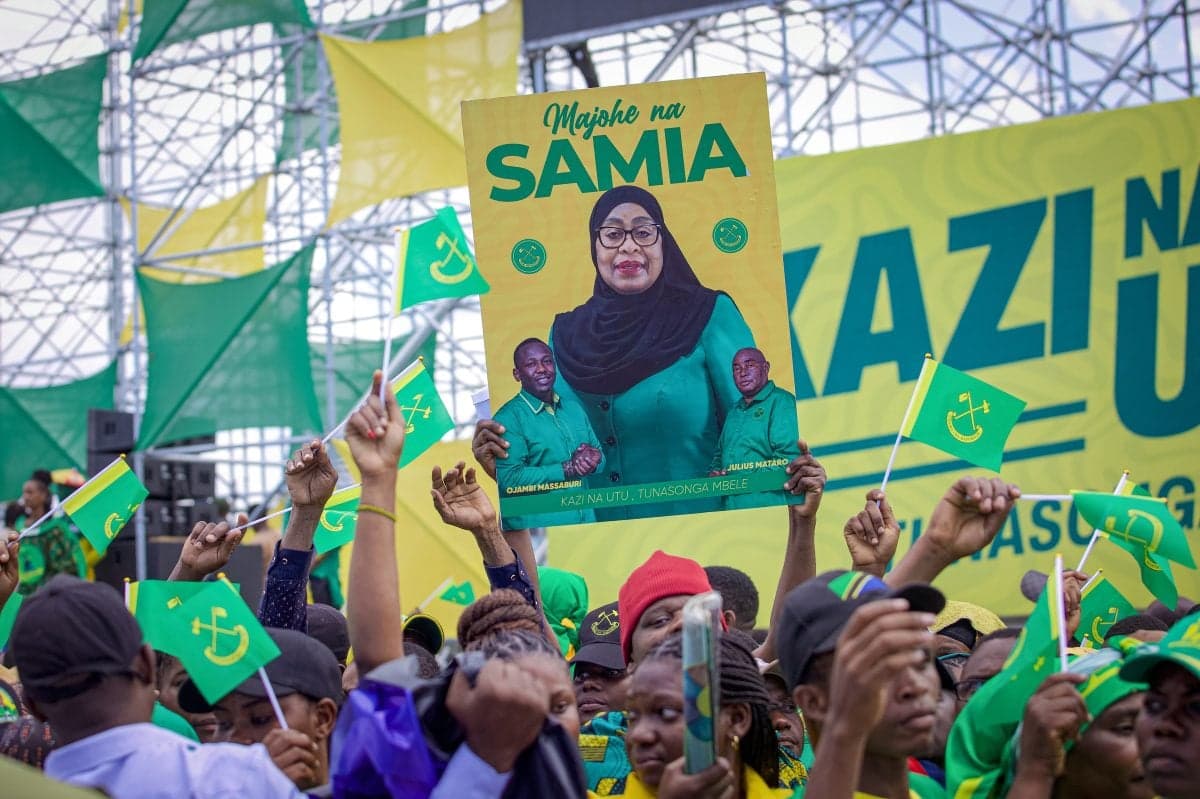Fear, Arrests, and Abductions: Democracy Under Siege In Tanzania

As Tanzania approaches its general elections on 29 October 2025, concerns are mounting over the increasingly repressive tactics used by the government under President Samia Suluhu Hassan to suppress opposition voices and restrict free political debate.
In recent months, prominent opposition figures from the main party, CHADEMA (Chama cha Demokrasia na Maendeleo), have been arrested. On 9 April 2025, the party chair, Tundu Lissu, was arrested in Mbinga after attending a rally calling for electoral reforms and later charged with treason and cybercrime offences. On 24 April 2025, two senior CHADEMA officials, John Heche (Deputy Chair) and John Mnyika (Secretary General), were also arrested while enroute to attend Lissu’s court proceedings; only John Mnyika has been released , while John Heche remains missing.
In addition to Tanzanian nationals, foreign based activists monitoring Tanzanian politics have also faced detention. In May 2025, Kenyan activist Boniface Mwangi and Ugandan lawyer Agather Atuhaire, who travelled to Dar es Salaam to attend Tundu Lissu’s trial, were held by Tanzania’s immigration authorities instead of being deported, sparking international concern about the suppression of external observers. One of the most controversial moves came in May 2025, when authorities blocked access to X (formerly Twitter) across the country. The official explanation was that the platform had been used to spread misinformation and incite public disorder. But to many observers, the shutdown marked an alarming escalation in state censorship, a calculated effort to muzzle online criticism and restrict political debate in the critical months before the election.

These arrests and disappearances occur against the backdrop of other restrictions: opposition rallies have been banned or disrupted, journalists and youth supporters of opposition parties have been arrested and civil society groups say the government is undermining freedom of expression and assembly as the elections draw near.
While the government has defended its actions as necessary to maintain public order and protect national security, critics argue these measures amount to a crackdown on political dissent rather than legitimate law enforcement. The narrowing of civic and political space raises serious questions about whether the upcoming election will be free and fair. Many Tanzanians now wonder whether the vote will be a genuine contest or simply a confirmation of the ruling party’s dominance.

With the election date fast approaching, the stakes could not be higher. The ability of opposition parties to operate, gather supporters, speak out publicly and access digital platforms is being tested in real time. Whether these conditions will allow for an inclusive and credible election remains uncertain and the international community is watching closely.
